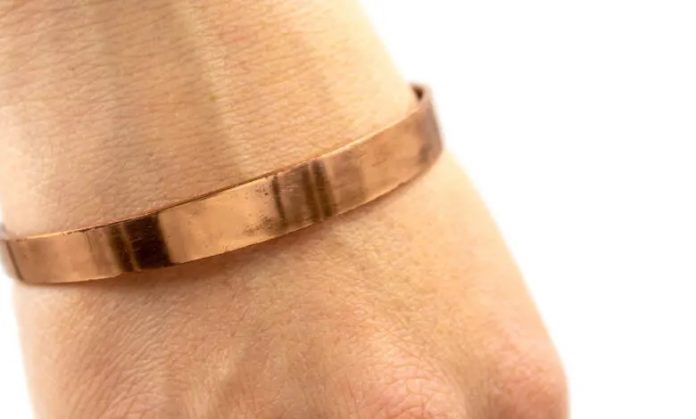Devices such as copper bracelets and magnetic wrist straps don’t have meaningful therapeutic effects on the symptoms or the disease progression of rheumatoid arthritis, say researchers at the University of York in the United Kingdom.
Copper bracelets have been used as a popular way to manage rheumatism since the 1970s. Magnet therapy is often used to combat chronic pain and the annual sales of these devices are estimated to be more than one billion dollars in the U.S.
The study is the first controlled and randomized trial to study how effective magnetic wrist straps and copper bracelets are in treating rheumatoid arthritis. The research involved 70 patients with active arthritis symptoms who wore four different devices during a five month period. The participants reported on their physical state, pain, and medication use. The researchers monitored changes in inflammation by taking blood samples after the participants had worn a device for five weeks.
“It’s a shame that these devices don’t seem to have any genuine benefit,” said Dr Stewart Richmond, the leader of the study and Research Fellow in the Department of Health Sciences.
“They’re so simple and generally safe to use. But what these findings do tell us is that people who suffer with rheumatoid arthritis may be better off saving their money, or spending it on other complementary interventions, such as dietary fish oils for example, which have far better evidence for effectiveness. Warning people who suspect they may have rheumatoid arthritis to consult their GP and seek early medical treatment, rather than placing faith in such devices, is also important in helping to avoid long-term joint damage resulting from uncontrolled inflammation.”
Dr. Richmond suggests two reasons why some wearers report benefits from the devices. “Firstly, devices such as these provide a placebo effect for users who believe in them; secondly, people normally begin wearing them during a flare up period and then as their symptoms subside naturally over time they confuse this with a therapeutic effect,” Dr. Richmond said. “Pain varies greatly over time in conditions like rheumatoid arthritis, and the way we perceive pain can be altered significantly by the power of the mind.”















